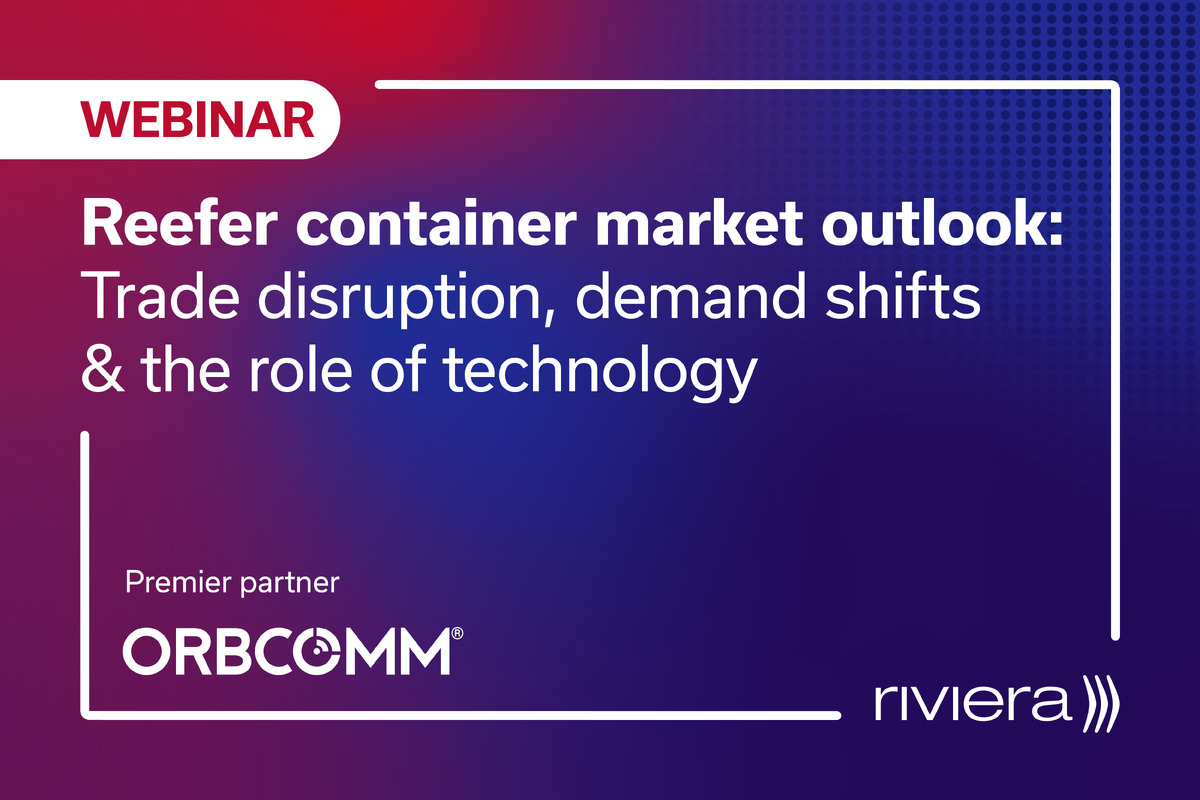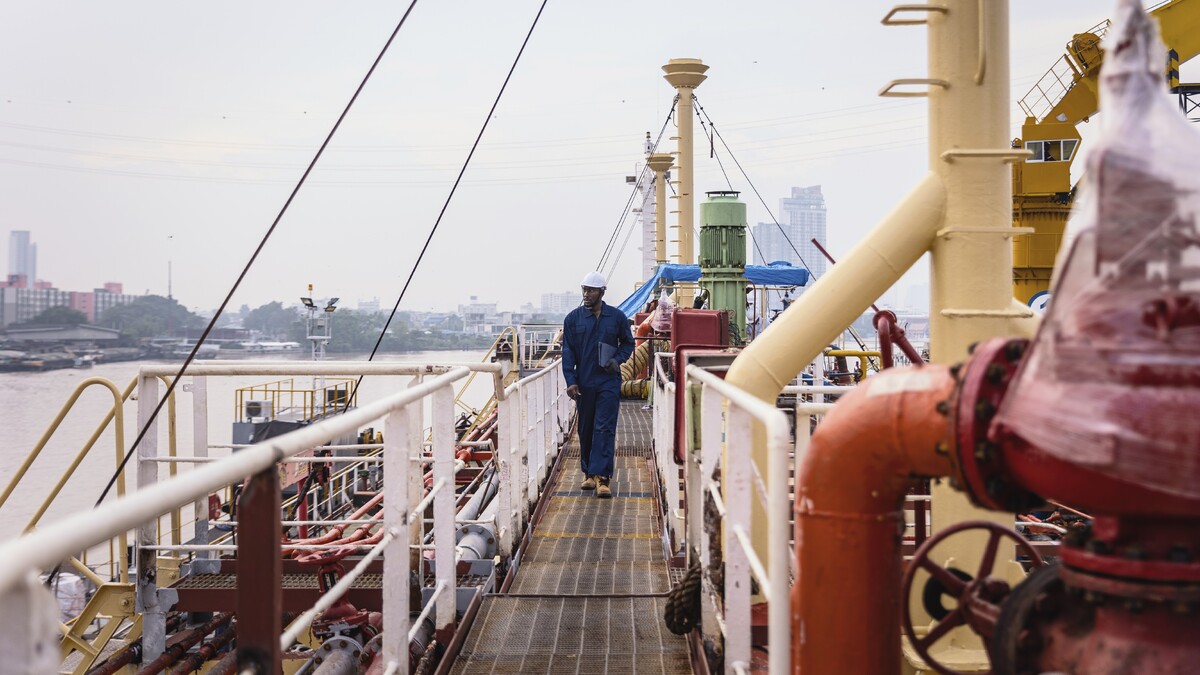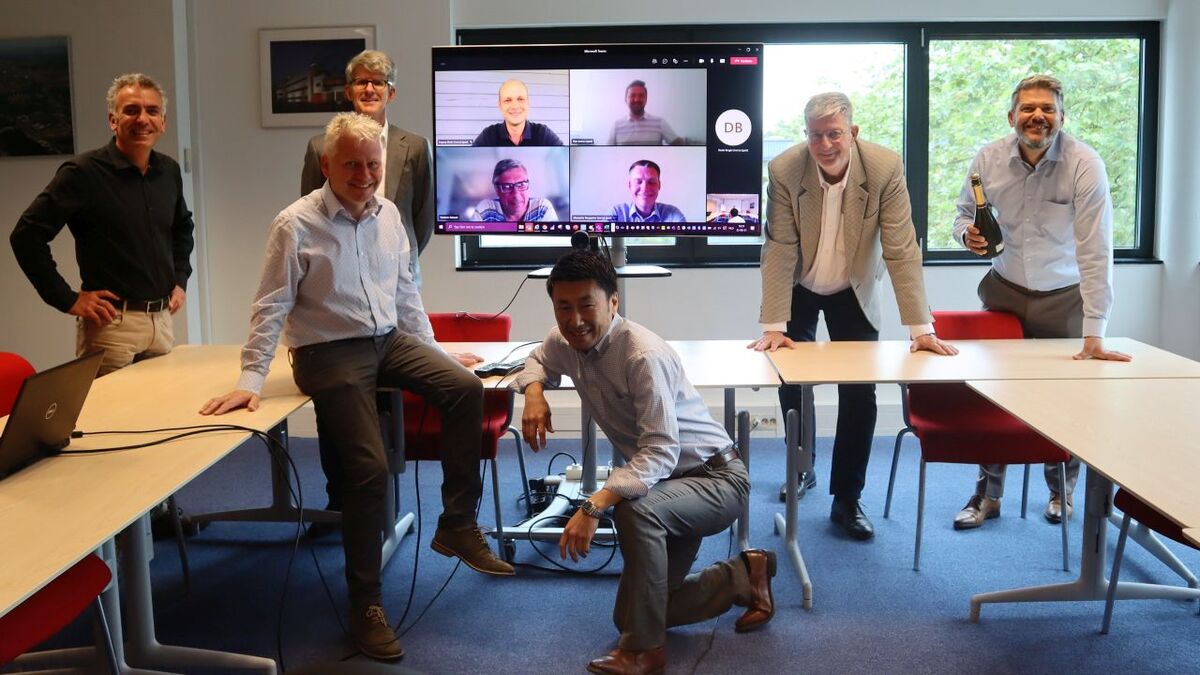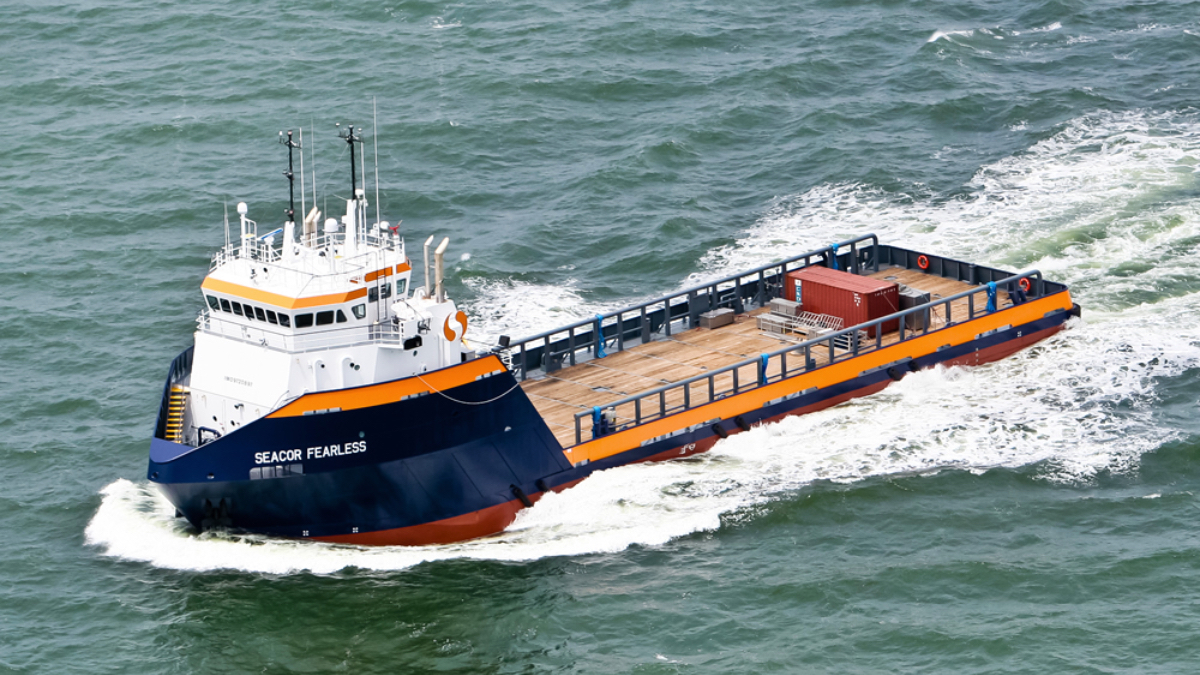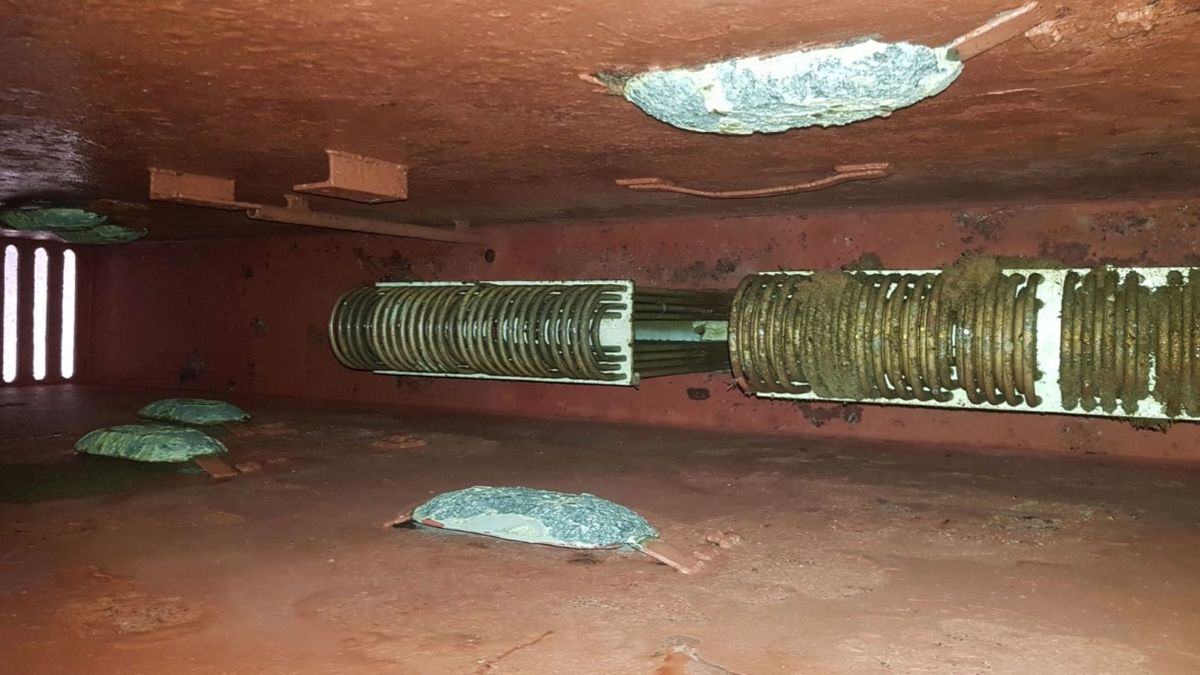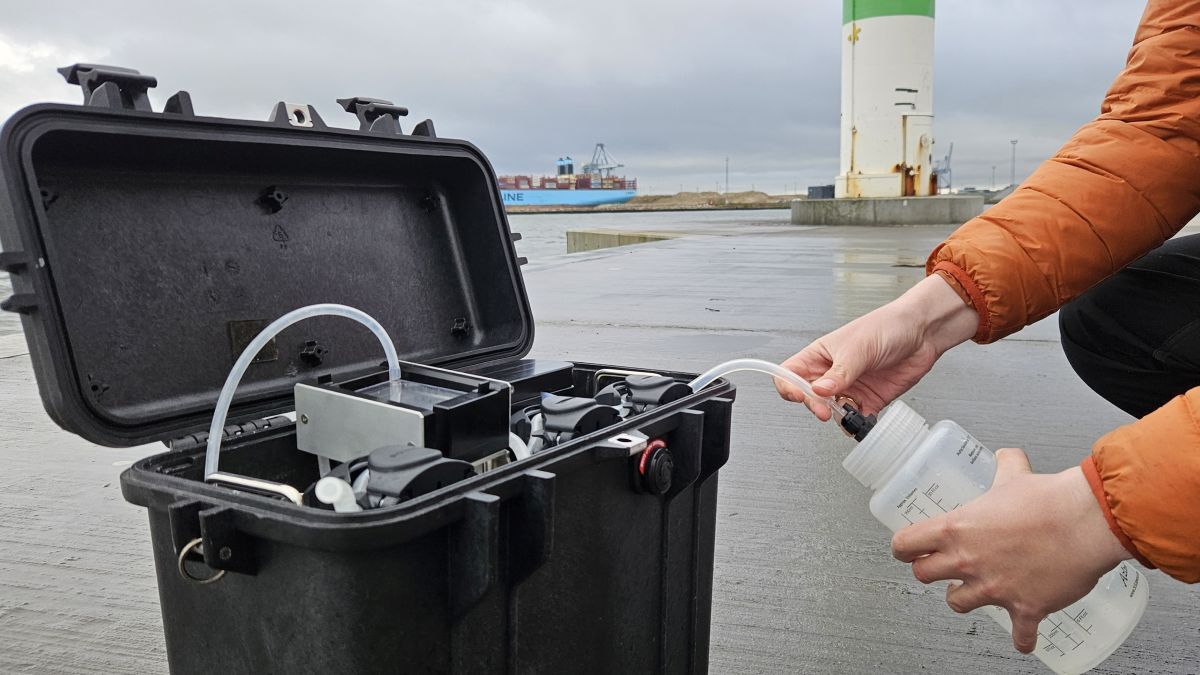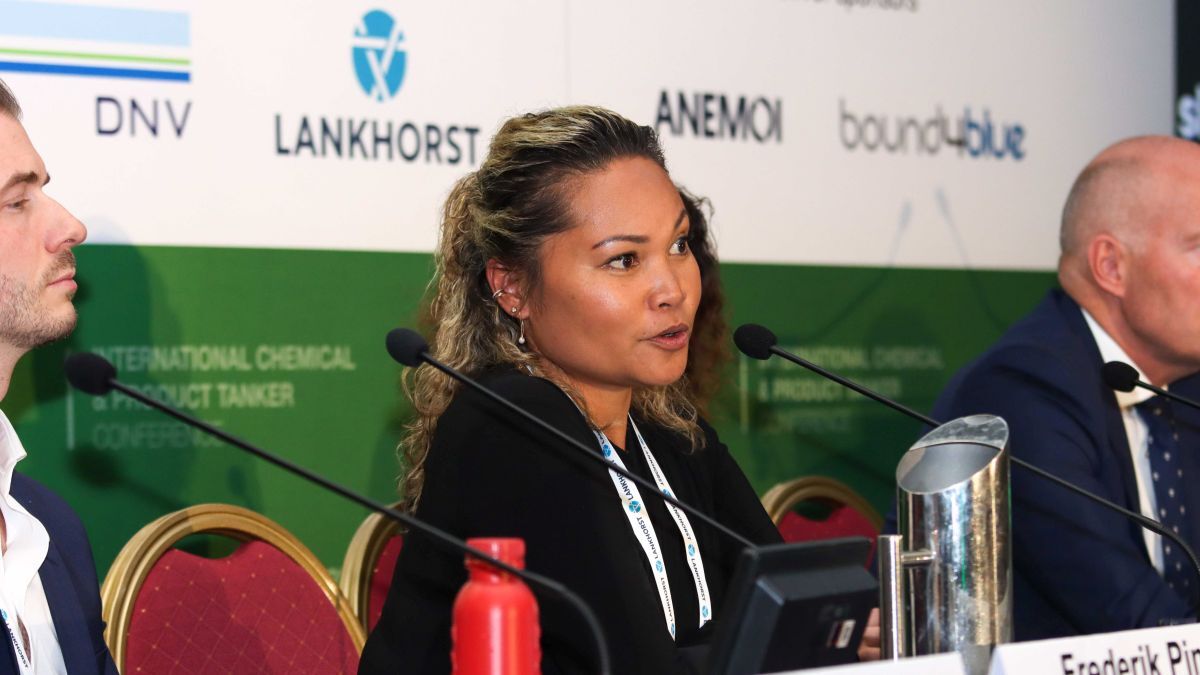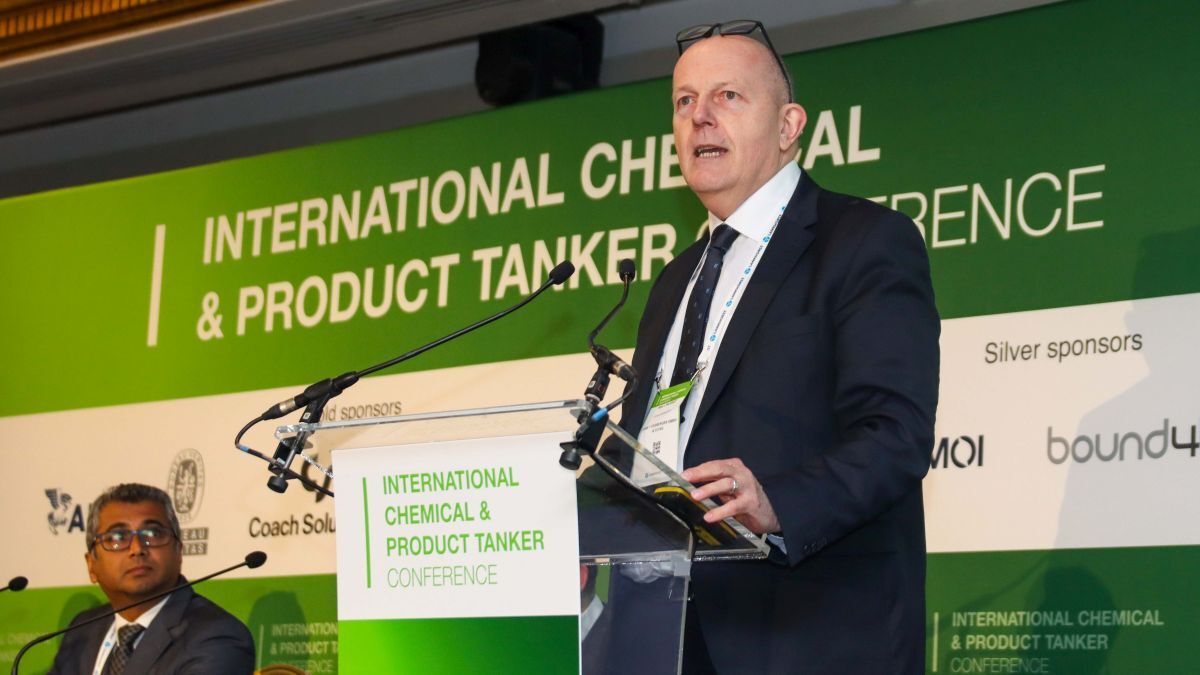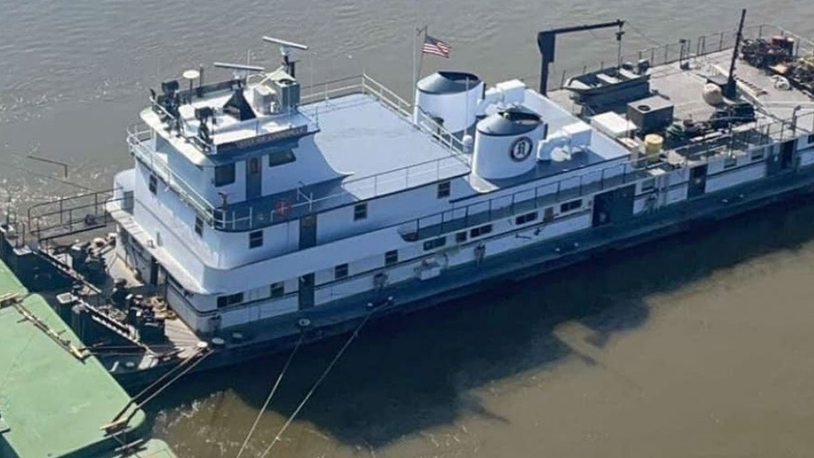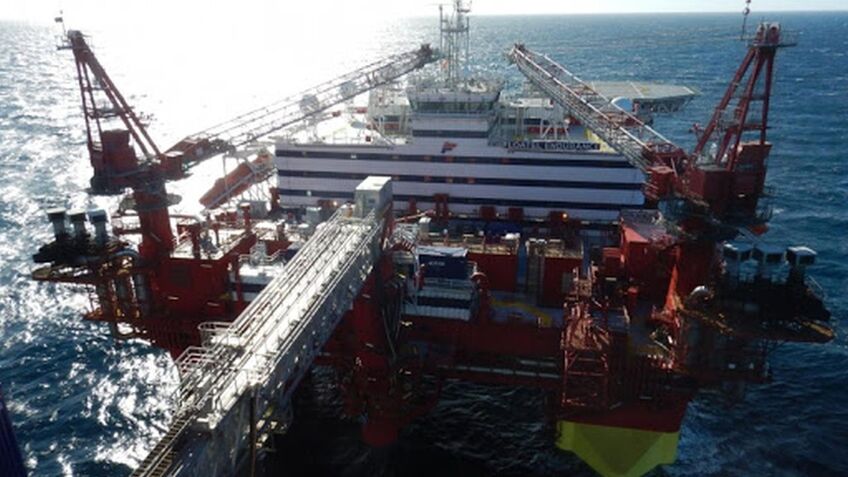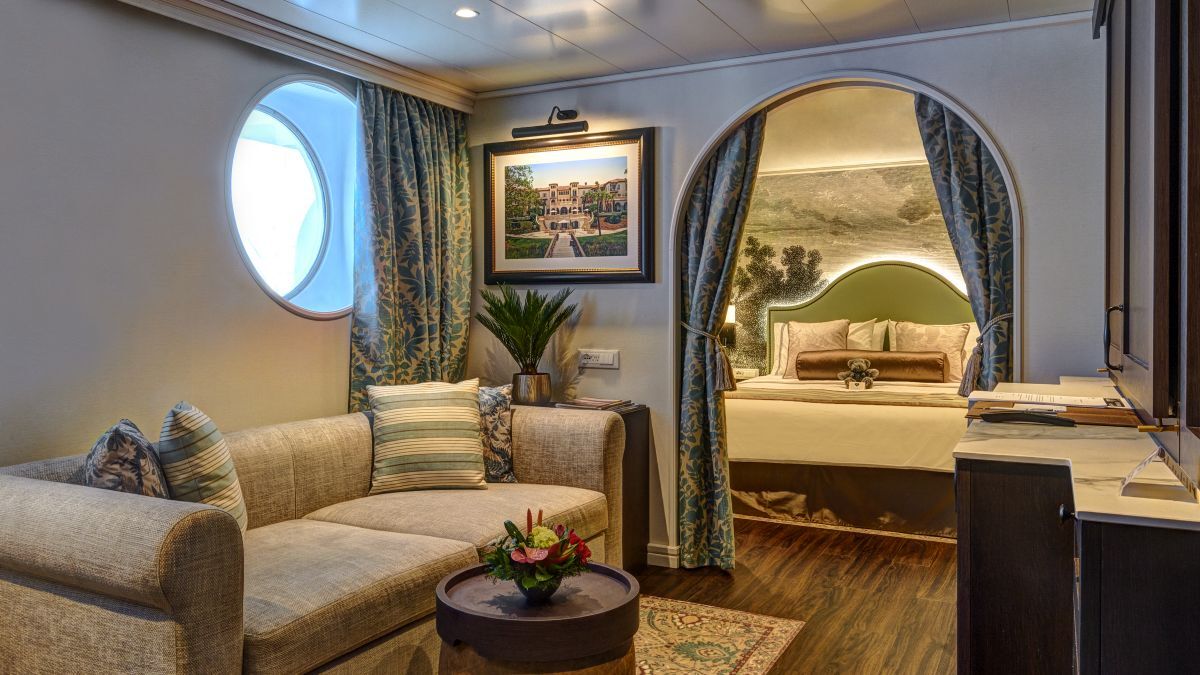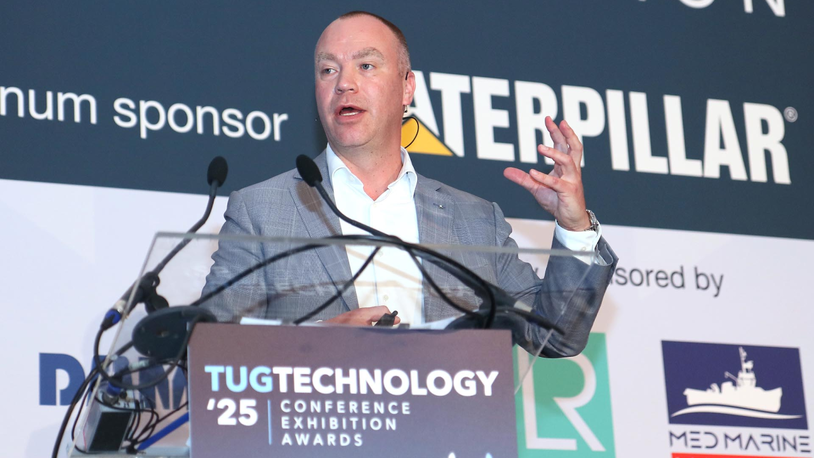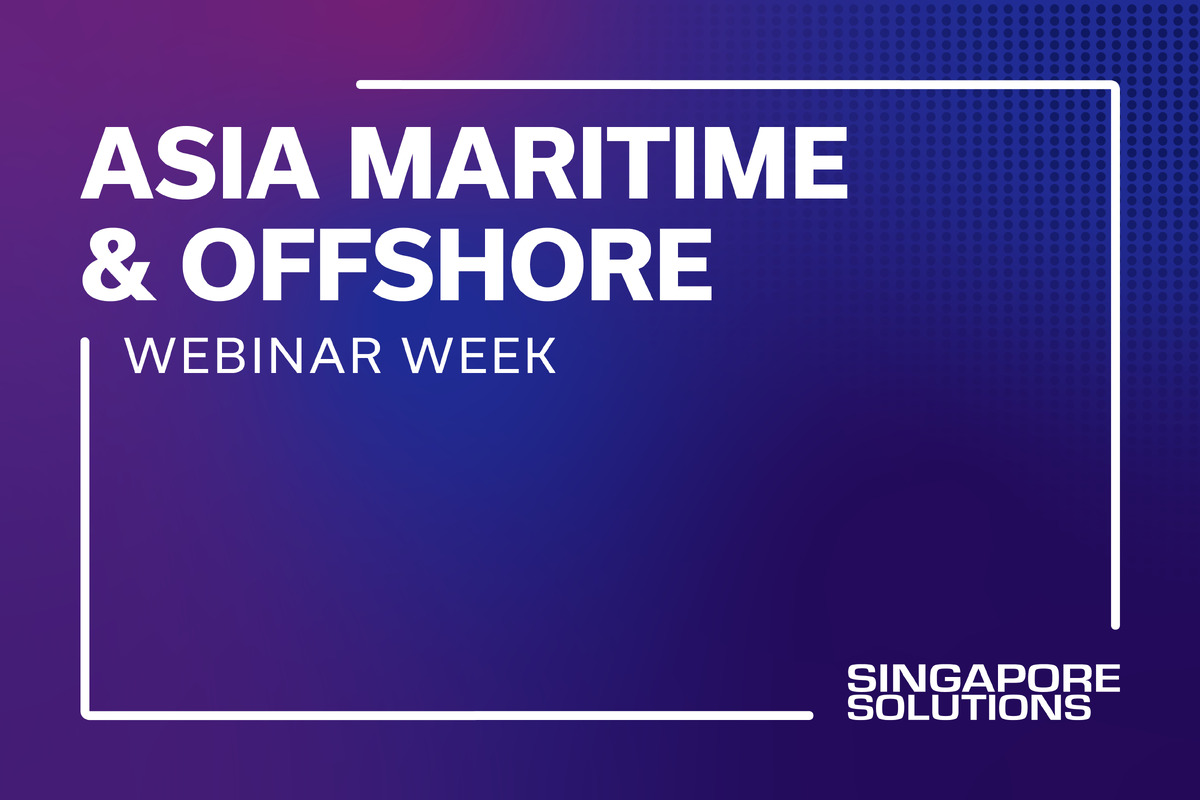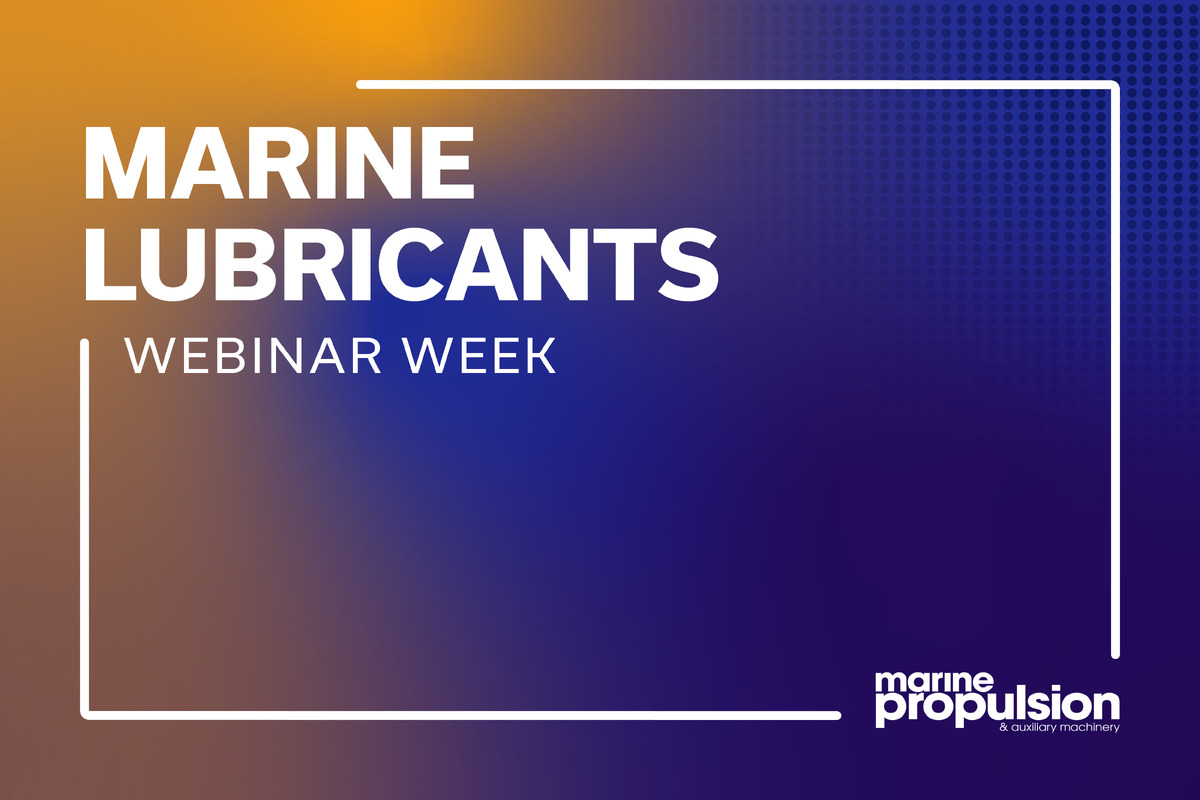Business Sectors
Contents
Register to read more articles.
Partnership combines DP with autopilot for smart navigation
Japan Radio Co (JRC), Alphatron Marine and Navis Engineering have signed a memorandum of understanding (MoU) to partner to develop and deliver a range of ship motion control systems that could enable semi-autonomous ships
They plan to integrate autopilot and dynamic positioning (DP) as part of JRC’s navigation systems for the cruise, ferry and offshore vessel sectors.
This MOU builds on an agreement JRC subsidiary, Netherlands-based Alphatron Marine has with Finland-headquartered Navis covering co-operation on DP projects and deploying adaptive autopilots.
Alphatron Marine chief executive Reiji Miwa wanted to take this co-operation further into more markets and ship sectors.
“We wanted to formalise our co-operation for more future developments in motion control systems,” he said. “An increasing number of customers, mainly from the cruise, ferry and offshore segments, as well as domestic cargo ships, are asking us to combine autopilot and joystick control functions with the navigation system,” said Mr Miwa.
Through this MOU, Alphatron Marine and Navis intend to provide a comprehensive range to support safe, efficient navigation and autonomous operations including routeing ships through the ECO-pilot, and automated harbour approach and docking operations.
It is expected to include JRC’s smart decision support systems currently under development, which will support navigators by calculating the safest route in crowded sailing areas. For example, after the officer’s acknowledgement of a waypoint change on an JRC multifunctional workstation, the proposed route containing information with course and speed can be directly executed by the motion control system.
Mr Miwa said this is a large step forward into supported sailing and semi-autonomous ships.
Navis has been developing motion control systems for 30 years, 15 of which it has been co-operating with Alphatron, said Navis Engineering chief executive Petr Opekunov. “Our companies are dedicated to making shipping safer and more efficient by supporting the crew in operations and decision making,” he said.
“That is why the partnership makes sense, allowing our companies to create new, innovative and complex products following the latest industry trends and customer demands.”
This long-term co-operation has produced Dynapilot, a combination of autopilot, joystick control and DP functionality. The first new product to be provided to ship projects under the MoU between the companies, it is scheduled for launch in Q4 2021.
Fuel and emissions reduction technology and challenges will be discussed in depth during Riviera Maritime Media’s Maritime Air Pollution Virtual Forum on 30 June 2021 - use this link to access more details and to register for this event
Related to this Story
Events
Reefer container market outlook: Trade disruption, demand shifts & the role of technology
Asia Maritime & Offshore Webinar Week 2025
Marine Lubricants Webinar Week 2025
CO2 Shipping & Terminals Conference 2025
© 2024 Riviera Maritime Media Ltd.
